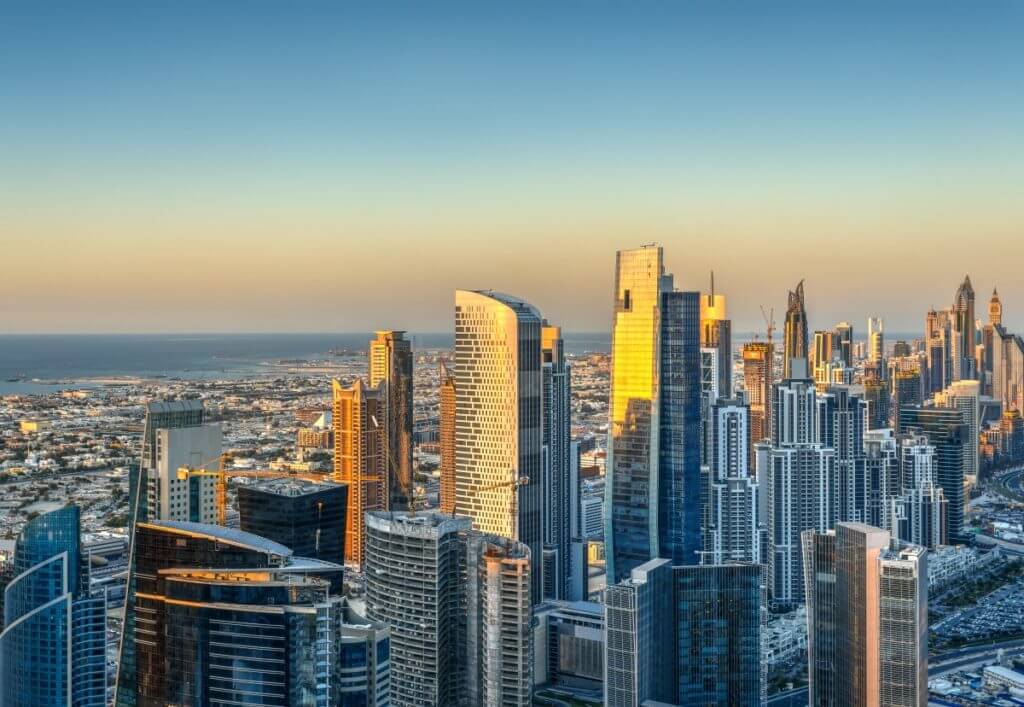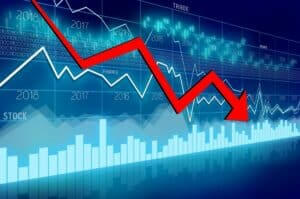After a month of lockdown, gold jewelry, bullion, coins, and sparkling crowns shine back from the windows of Dubai’s historic gold souk. During the decreed state of alarm in the UAE due to the coronavirus outbreak, its doors have been closed for a month.
However, customers, the most crucial elements are still missing. For business owners, the reopening of one of the world’s largest gold markets is a vital shift toward normalcy.
Tawhid Abdullah, the president of the Dubai Gold and Jewelry Group, stated that reopening the stores is a big step and mainly has a psychological factor. He hopes that in July and August, when airports reopen, they regain 50% of their commercial activity.
Dubai is presented as a regional center of commerce and services, and tourism has long been its soul. It welcomed more than 16 million tourists in 2019 and was striving for 20 million this year before the pandemic paralyzed world travel.
The Economy of Dubai
The gold and jewelry sector is one of the pillars of the Dubai economy. Authorities say the emirate owns 14 percent of all gold in circulation worldwide.
The emirate closed its dazzling shopping malls, fancy restaurants, and traditional markets for a month to combat the coronavirus’s spread.
Gulf states have struggled to control the disease, which covers quickly large populations of migrant workers living in overcrowded conditions. The UAE has reported 21,000 cases, with 208 deaths.
The Dubai Gold Souk closed its doors on March 24 and reopened under strict rules of distancing and hygiene on April 26.
The neighborhood where the market is located is known as Old Dubai, with centuries-old buildings and random alleys crowded with Asian and African immigrants who make up most of the area’s residents.
Business owners left their gold in their stores for the month-long closing. It is a testament to Dubai’s reputation as one of the safest cities in the region.











